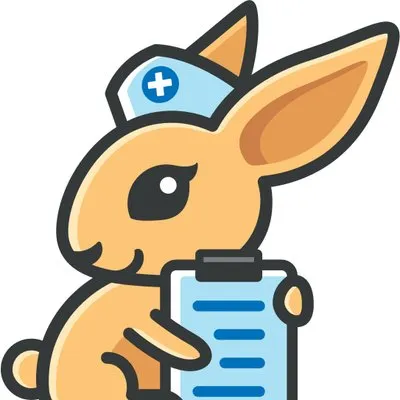Clipboard Health aims to solve the problem of connecting healthcare professionals with workplaces that need on-demand talent, thereby improving lives by enabling professionals to earn more and workplaces to access necessary staff.
Requirements
- Proficiency in building complex web or mobile apps, ideally with TypeScript, React, and Node/NestJS.
- Experience developing, monitoring, and supporting services in production.
- Strong understanding of service-specific integration testing, E2E testing, and selective unit tests.
- Familiarity with AWS (ECS, Terraform) and best practices for deploying cloud-based applications.
- Experience with Trunk-Based Development: Familiarity with short-lived branches and continuous deployment workflows.
- First-Principles Thinking: You like to question assumptions, break down problems, and find innovative solutions that raise the bar.
Responsibilities
- Write performant backend services using Node/NestJS and reliable frontend experiences with React and TypeScript.
- Leverage MongoDB, Postgres, and Redis to ensure data integrity and speed at scale.
- Contribute clean, modular code for our web and mobile applications (Ionic/React, Dart/Flutter).
- Work closely with the DevX team to enhance tooling and libraries that bolster productivity across our global engineering org.
- Own the Full Software Development Lifecycle From problem definition and design through to development, testing, demoing, and supporting production code.
- Deploy your own code using trunk-based development and short-lived feature branches with automated regression testing.
- Participate in On-Call Rotations Own the systems you build: if something breaks, you’re part of the solution.
Other
- Collaborate closely with product managers, designers, and fellow engineers to build features that matter.
- Understand the real-world problems faced by our facility clients, nurses, and internal users.
- Occasionally engage directly with customers to gather feedback, confirm requirements, and ensure solutions truly solve their problems.
- Communicate effectively in a globally distributed team—embrace asynchronous discussions, thorough documentation, and over-communication when needed.
- Participate in daily overlap sessions or syncs, typically in the mornings (US PST), to stay aligned with your team.
